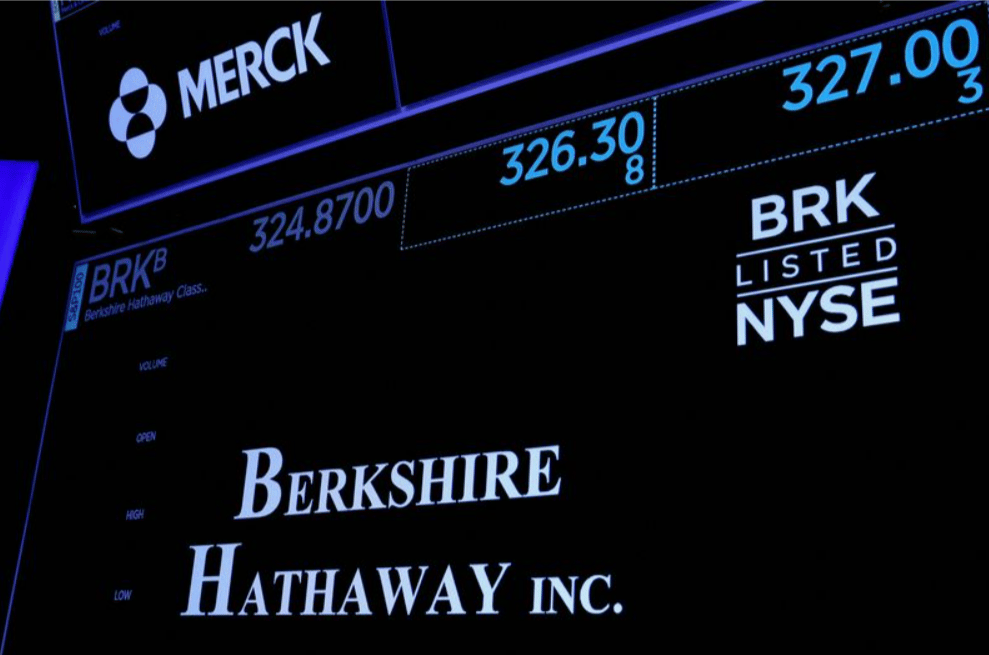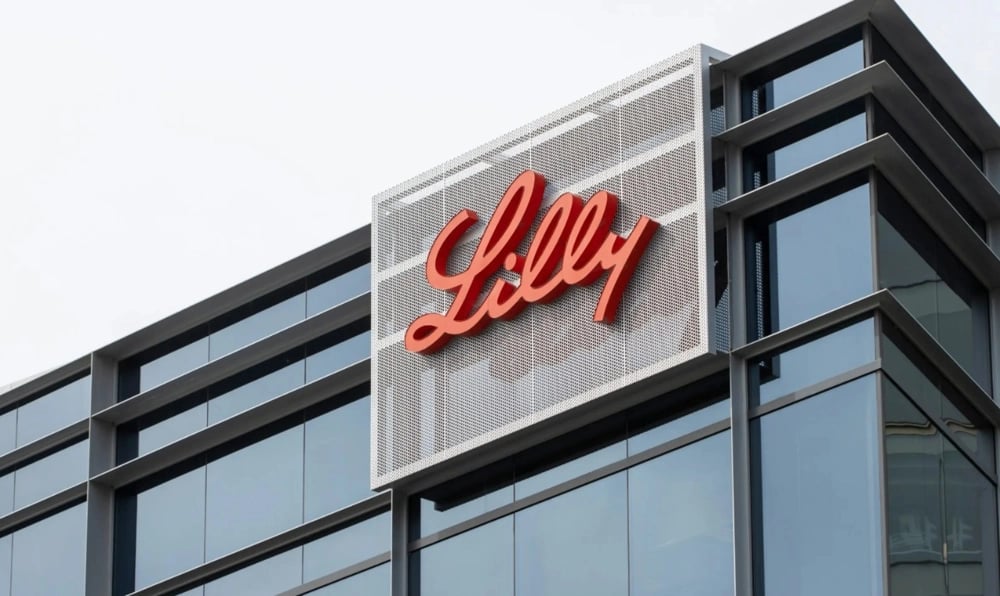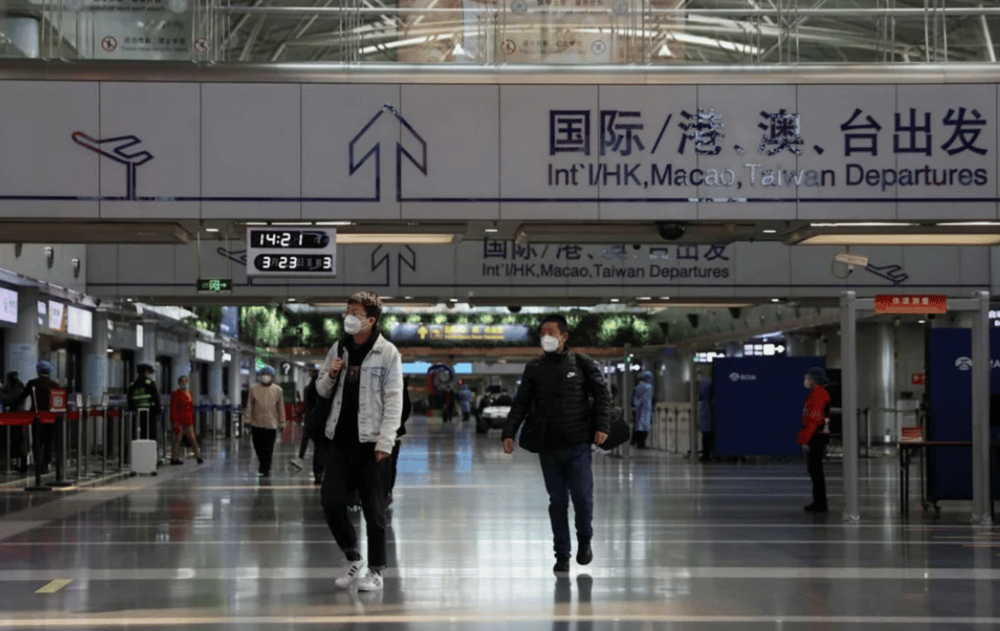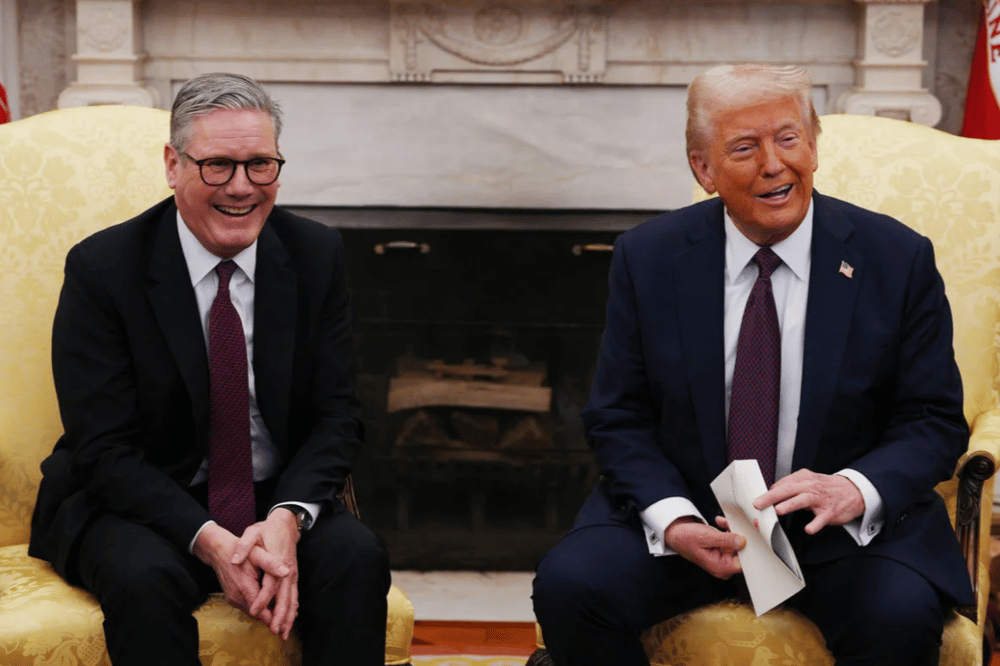Berkshire Hathaway and the Japanese Bonds Market Amid Global Uncertainty
Global financial markets have recently been shaken by significant geopolitical decisions and economic instability. One event that has drawn widespread attention is the evaluation of yen-denominated bonds by Warren Buffett’s Berkshire Hathaway. The deal, totaling 90 billion yen (approximately $626.70 million) distributed across six tranches, may seem modest compared to previous transactions but has nonetheless captured the focus of market analysts.
The Japanese Bonds Market A New Chapter in Investment History
Berkshire Hathaway’s growing activity in the Asian financial sphere is not a new phenomenon. Known for its pragmatic approach and long-term investment strategy, the conglomerate is once again signaling its strong interest in Japanese financial instruments. The versatility of the bond maturities, which range from 3 to 30 years, reflects a strategic flexibility aimed at navigating current market volatility.
One of the fundamental triggers behind this move was a delay in debt deals caused by tariff measures introduced during President Donald Trump’s administration. Many market participants fear that these tariffs could trigger a global recession, prompting major institutional players to seek ways to mitigate risk by shifting assets into more stable, less geopolitically exposed opportunities.
A Noteworthy Development in Japan’s Financial Landscape
Recent actions by prominent Japanese companies further underline the market’s uncertainty. Firms like Asahi and Suntory have postponed issuing yen-denominated bonds in response to market disruptions both domestically and internationally. Such decisions underscore that even local market leaders are compelled to adjust their strategies in the face of prolonged global economic tremors.
Berkshire Hathaway’s investments in Japanese trading houses have not only provided liquidity but have also increased the visibility of Japan’s bond market among international investors. This enhanced focus on the region is contributing to a broader reassessment of the stability and prospects of Japanese financial instruments.

Key Factors Shaping the Financial Ecosystem
Analysts have identified several pivotal elements influencing this segment of the market:
1. The shift in U.S. tariff policies has created widespread uncertainty for debt financing operations worldwide.
2. The active participation of major investors like Berkshire Hathaway demonstrates deep-rooted confidence in the Japanese market.
3. The cautious postponement of new bond issuances by Japanese companies reflects a strategic response to volatile conditions.
4. Diversification of investment portfolios remains crucial in reducing overall asset risk, thus attracting attention from global investors.
5. Flexible bond terms offer a resilient framework that adapts to evolving market conditions and external economic pressures.
Perspectives on Market Dynamics
- The flexibility of maturities, ranging from 3 to 30 years, offers significant potential for long-term capital planning.
- Strategic moves by industry giants contribute to growing international confidence in regional financial instruments.
- Diversification remains a key tactic in preserving capital amid global uncertainty.
- Innovative risk management approaches are increasingly vital in today’s fast-evolving market landscape.
- The endorsement from leading global investors opens new avenues for cross-market collaboration.

Analytical Summary New Horizons and Risks
Recent developments, including Berkshire Hathaway's measured entry into the market for yen-denominated bonds, underscore the ongoing search for stability amid rising global tariffs and economic disruptions. The active involvement of such a renowned investor signals that confidence in the Japanese market remains resilient despite external pressures. With a diversified portfolio encompassing bonds with varied maturities, there is a clear strategic emphasis on flexibility and risk adaptation in today's challenging investment climate.
These market movements highlight the importance of a cautious, long-term perspective as the global economy adjusts to new challenges. Even though some bond issuances have been temporarily halted, the insights drawn from the actions of both Berkshire Hathaway and major Japanese corporations suggest that their strategies could foster broader market stability. The evolving landscape emphasizes that maintaining a diversified and robust investment framework is essential for navigating uncertainty in the global financial market.


















Comments